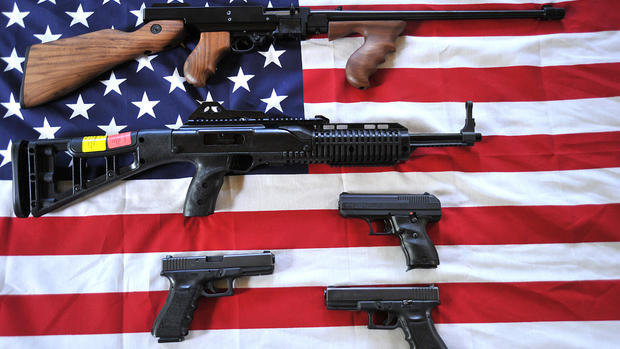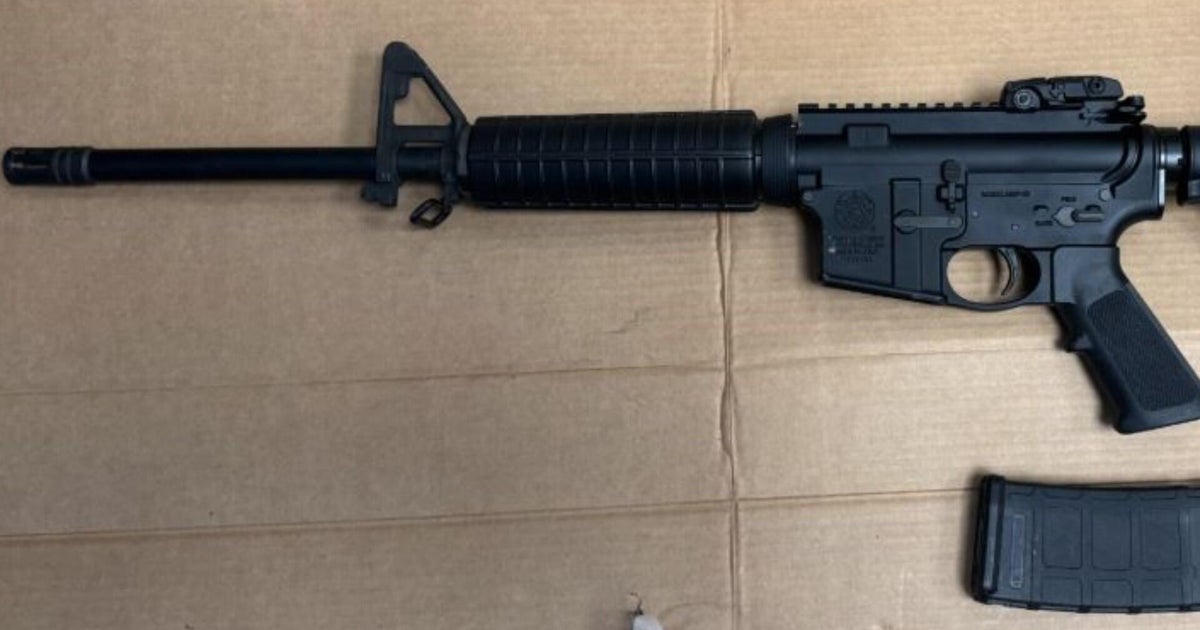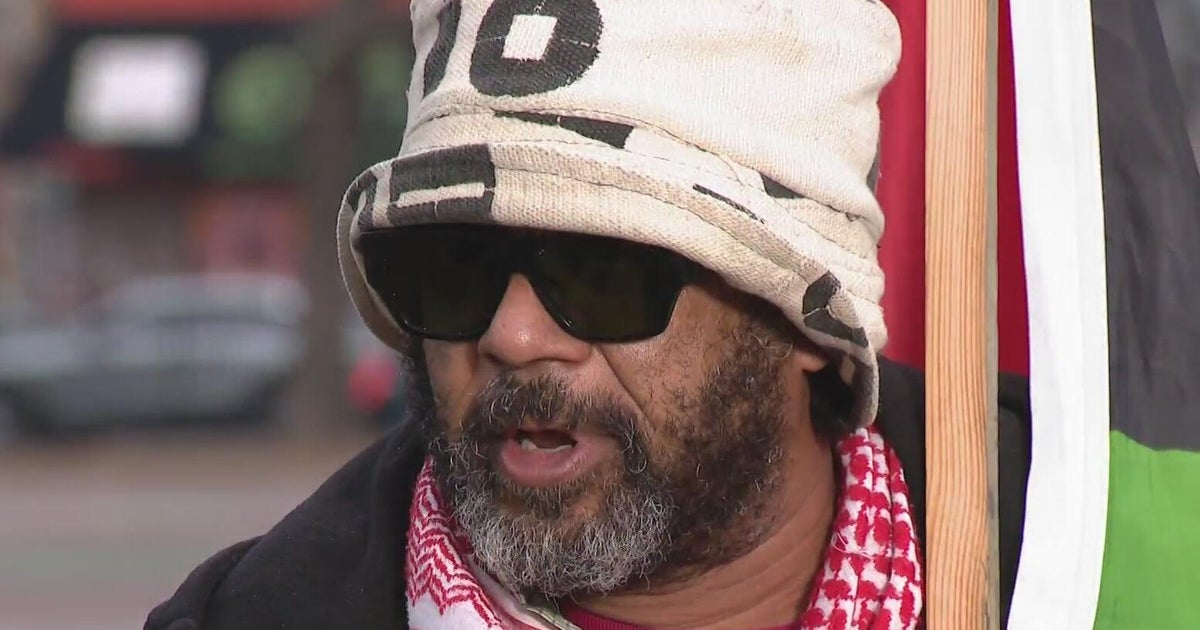What are the new gun laws in 2019?
A wave of gun control activism surged across the U.S. in 2018 — and yet it led to little action from the federal government. So as 2019 arrives, it's state governments that are taking aim at the problem with new gun laws.
The new year has brought new restrictions and regulations in several states, with some going into effect on New Year's Day and others scheduled to take force midway through 2019. Many of the laws enact versions of policies that were in the 100-plus gun control proposals that have failed in Congress over the past few years.
California
The most sweeping new gun laws are in California, where a gunman in November killed 12 people and himself in a Thousand Oaks country-western bar. It was the second-deadliest mass shooting of 2018, behind the Parkland school shooting in Florida, which left 17 people dead and led to several changes in that state's gun laws.
As of January 1, the Golden State has raised the minimum age to buy rifles and shotguns from 18 to 21 (with exceptions for members of law enforcement, the military, or those who have a hunting license). Anyone convicted of certain domestic violence charges after January 1 will face a lifetime ban on gun ownership, as would anyone committed to a mental institution twice in one year. Californians who want to carry a concealed weapon now must undergo at least eight hours of safety training. And starting July 1, ammunition dealers will have to check with the Justice Department before a sale to make sure the customer is not banned from gun purchases.
Illinois
A new law called the Firearms Restraining Order Act creates a system to take guns away from people who are deemed dangerous to others or themselves. Relatives or police can request an emergency order of protection against someone who has shown threatening or suicidal behavior, which could include social media posts. The order could lead to that person's guns being seized immediately for two weeks, or up to six months in more extreme cases.
The state also amended several of its gun laws. The waiting period for purchasing rifles has jumped from 24 hours to 72 hours. Schools, employers and places of worships are allowed to file orders of protection against individuals. Hospitals are required to report involuntary psychiatric admissions, which could lead to some gun owners losing their concealed carry licenses.
Oregon
The state has expanded its firearm ban for domestic abusers and stalkers to close a so-called "boyfriend loophole." Under previous law, abusers were banned from buying and owning guns only if they were married to their victim. The new law bans all convicted stalkers, abusers and people under restraining orders from buying or owning guns, regardless of whether they are married or live with children.
Washington state
The age for buying semi-automatic rifles has been raised from 18 to 21, after voters passed an initiative in November. Starting in July, the state will also have new requirements for safe gun storage and new background checks from law enforcement for purchases. Gun owners could also face criminal charges if one of their weapons gets into the hands of children or someone banned from carrying a firearm, and is used for threats or violence.
Federal ban on bump stocks
On the federal level, there is at least one major change coming in 2019: A ban on bump stocks, the devices that let semi-automatic rifles fire faster rounds. The gunman responsible for the 2017 rampage in Las Vegas, which is the deadliest mass shooting in U.S. history, used bump stocks to fire more than 1,100 rounds into a country music festival crowd in only 10 minutes.
Congress' attempts to ban bump stocks after the massacre went nowhere. But the Trump administration announced in October 2018 that it was amending the legal definition of machine guns to encompass bump stocks, effectively making the devices illegal. The ban is expected to take effect in March.




